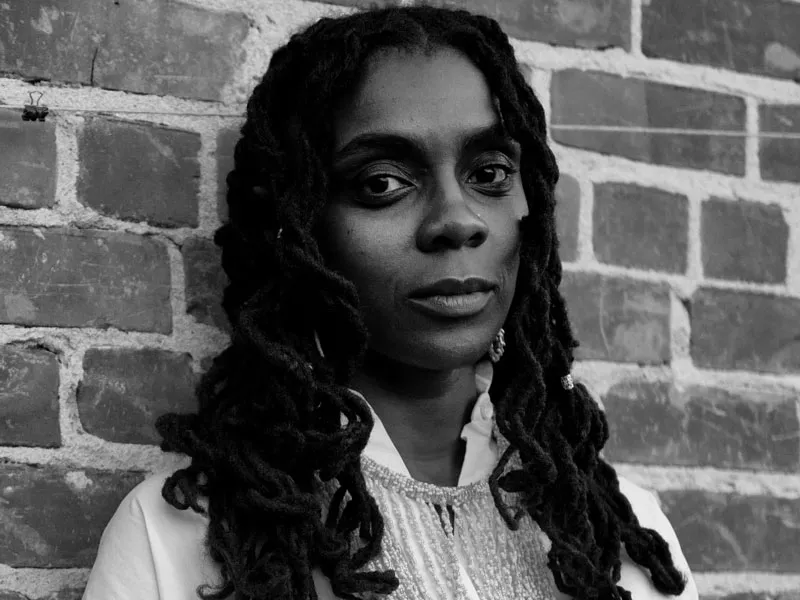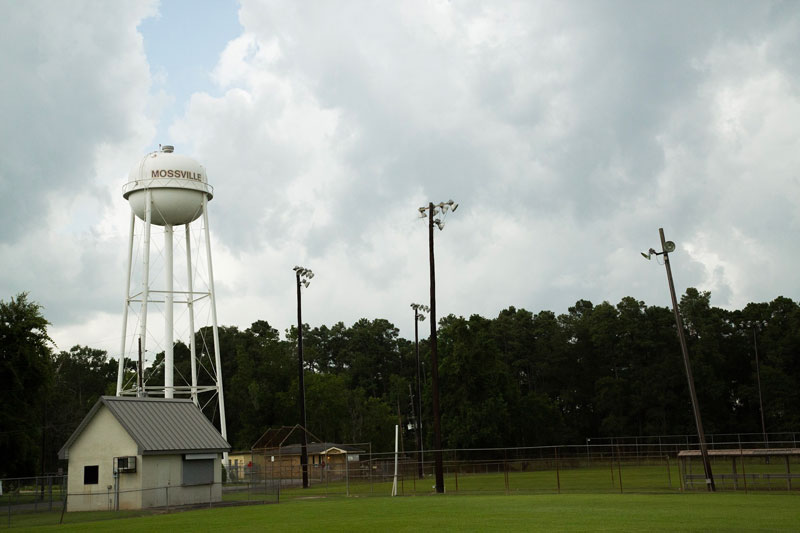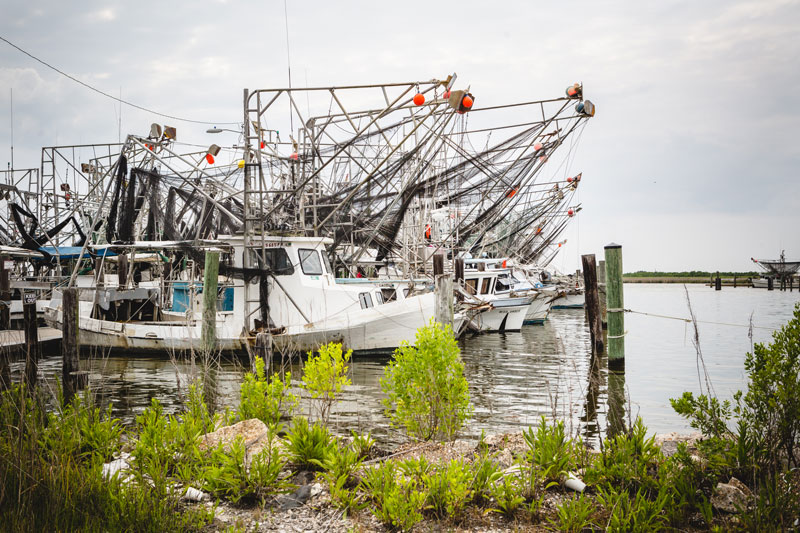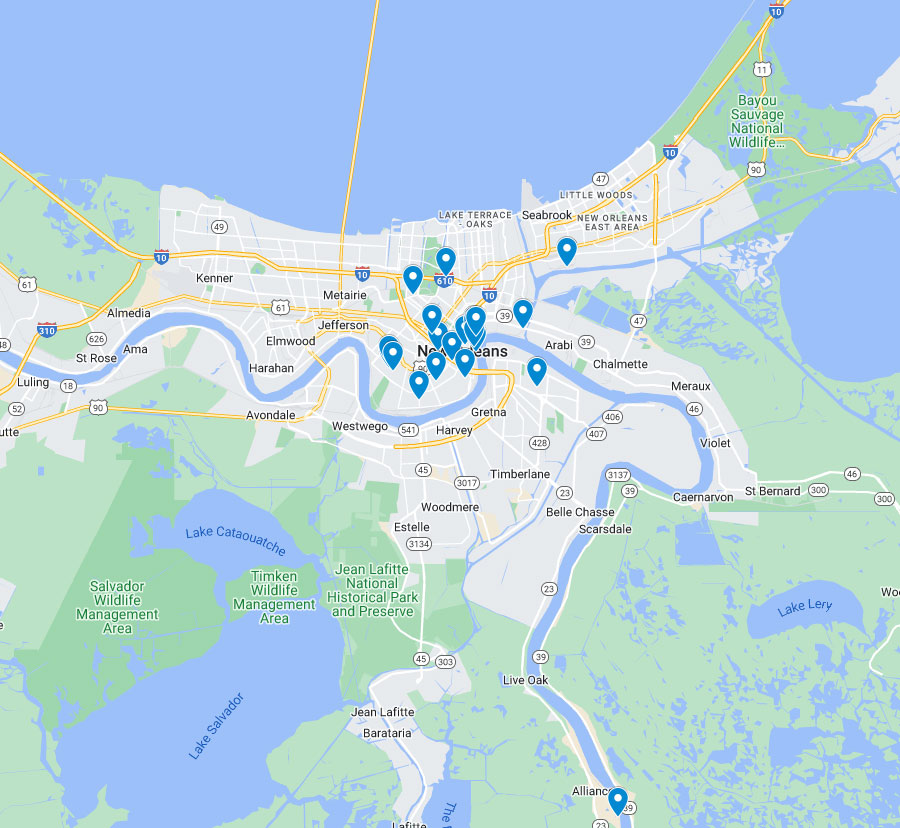
Biography
Courtney Desiree Morris is a visual/performance artist and an assistant professor of Gender and Women’s Studies at the University of California, Berkeley. She is a social anthropologist whose work focuses on black women’s social movements in Latin America and the Caribbean, environmental politics in the African Diaspora, and black visual cultural production. She is currently completing a book, To Defend this Sunrise: Black Women’s Activism and the Geography of Race in Nicaragua. Her research has been published in American Anthropologist, the Bulletin of Latin American Research, Journal of Women, Gender, and Families of Color, NACLA: Report on the Americas, make/shift: feminisms in motion, and Aster(ix). In addition to her scholarly work, she is a practicing visual and performance artist. Her artwork has been shown at the Yerba Buena Center for the Arts (San Francisco), the Thyssen-Bornemisza Art Museum (Madrid, Spain), the Photographic Center Northwest (Seattle, WA), the Ashara Ekundayo Gallery (Oakland, CA), and the National Gallery of Jamaica (Kingston, Jamaica). Learn more about her work at www.courtneydesireemorris.com.
Research
Mossville: Race, Ecology, Memory is an experimental ethnographic study of the racial politics of energy production, ecological destruction and social memory in Southwest Louisiana and South Africa. Mossville is an unincorporated Black community located just north of the Port of Lake Charles, one of the largest industrial ports in the United States, which serves primarily as a transport route for crude oil and natural gas products. For more than two generations the town, which was founded during the Reconstruction era, existed as a semi-autonomous community. In the 1940s, several petrochemical plants were established in the area, constructing large facilities whose operations have irreversibly contaminated the area’s air, water, and soil. In 2012, the South African energy and chemical company, SASOL, announced that it would be investing $21 billion into the expansion of its facilities, which would require a total buyout of the community of Mossville. My mother was born in Mossville in 1960 and my grandmother’s family has lived in the area since at least the 1860s. Mossville examines how black labor in South Africa and black spaces in the United States function as fungible sources of capital that facilitate the mobility of transnational corporations as well as the workings of the global neoliberal economy. I use an auto-ethnographic account of my family, from the Reconstruction era to the present, to analyze how black communities in the U.S. are made, unmade, and reconstituted through the commodification of black labor and black space.




